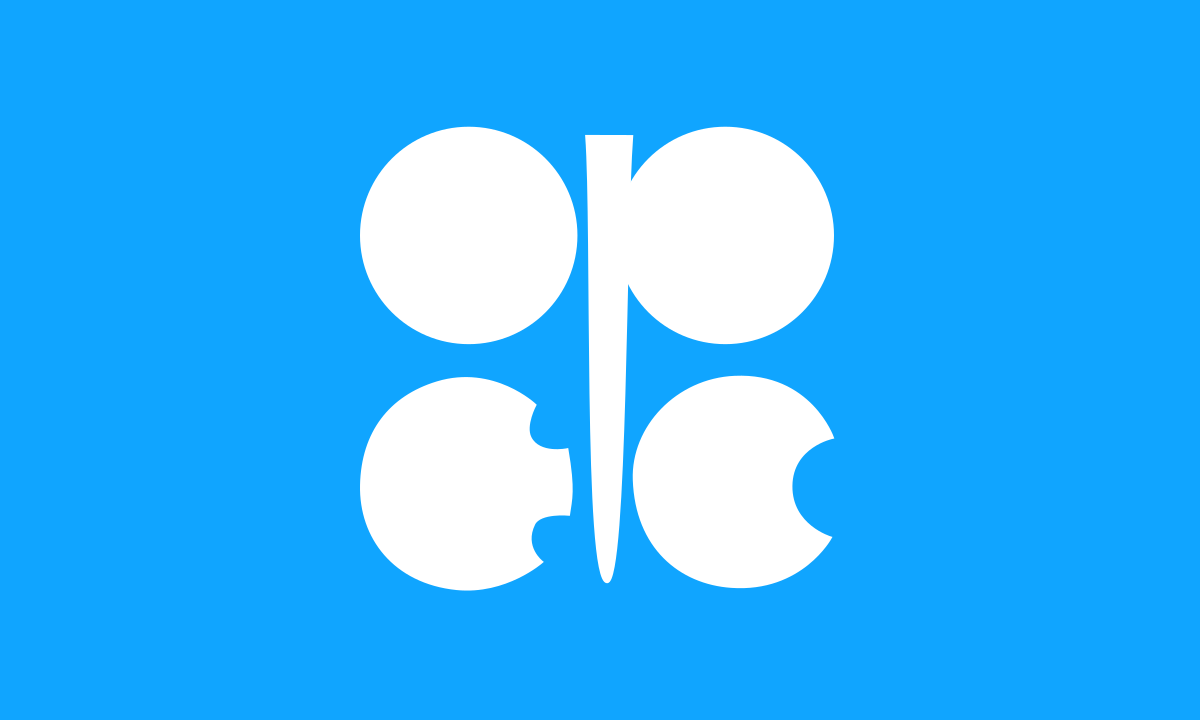old boy is lucky that his audience doesn't conotain many economists

.
he says oil supply cannot be increased because it "takes a long time".
meanwhile OPEC increases and throttles supply all of the time. that is not to say that it is enough to bring down inflation by itself BUT increasing oil supply is possible.
it's no surprise that real economists might be motivated to call him out.
i am not an economist and yet i can see his babble.
This from this month:
Jun 3, 2022,02:24pm EDT
"
OPEC Bows To Global Pressure To Increase Oil Supply
Key Takeaways
- The price of crude oil continues to rise and hit new highs on the back of significant demand post-Covid19
- OPEC has agreed to increase their oil output to 648,000 barrels a day, up from the 432,000 barrels expected
- The 50% increase will likely help moderate prices in the short term
- OPEC has been under pressure to increase the supply above these estimates to allow for greater sanctions on Russian oil
Following a bumpy start to the week, oil prices rose before Thursday's OPEC meeting, with U.S. oil reserves falling more than expected. After a flash crash at the beginning of the Covid-19 pandemic that saw the oil price briefly go
negative (yes, really), it's been marching upwards steadily since. This hasn’t gone unnoticed by car owners, with prices at the pump seeming to hit new highs on a weekly basis.
We're in this mess partly due to the unusual supply and demand dynamics experienced during the early days of Covid-19. With lockdowns enforced worldwide and global travel effectively halted, the oil demand dropped almost overnight."
The oil price has fallen to a new low below $90, with increased supply and reduced demand putting downward pressure on prices.

www.forbes.com
"The
Organization of the Petroleum Exporting Countries (
OPEC,
/ˈoʊpɛk/ OH-pek) is an
intergovernmental organization of 13 countries. Founded on 14 September 1960 in
Baghdad by the first five members (
Iran,
Iraq,
Kuwait,
Saudi Arabia, and
Venezuela), it has, since 1965, been headquartered in
Vienna, Austria, although Austria is not an OPEC member state. As of September 2018,
the 13 member countries accounted for an estimated 44 percent of global oil production and 81.5 percent of the world's "proven" oil reserves, giving OPEC a major influence on
global oil prices that were previously determined by the so-called "Seven Sisters" grouping of multinational oil companies."
"
In the 1980s, OPEC began setting production targets for its member nations; generally, when the targets are reduced, oil prices increase. This has occurred most recently from the organization's 2008 and 2016 decisions to trim oversupply."

en.wikipedia.org



 ofdollarsanddata.com
ofdollarsanddata.com


 feuds...shyt seems as petty as IG birds beefing. who cares!
feuds...shyt seems as petty as IG birds beefing. who cares! .
.
 www.forbes.com
www.forbes.com

feuds...shyt seems as petty as IG birds beefing. who cares!


ofdollarsanddata.com
feuds...shyt seems as petty as IG birds beefing. who cares!